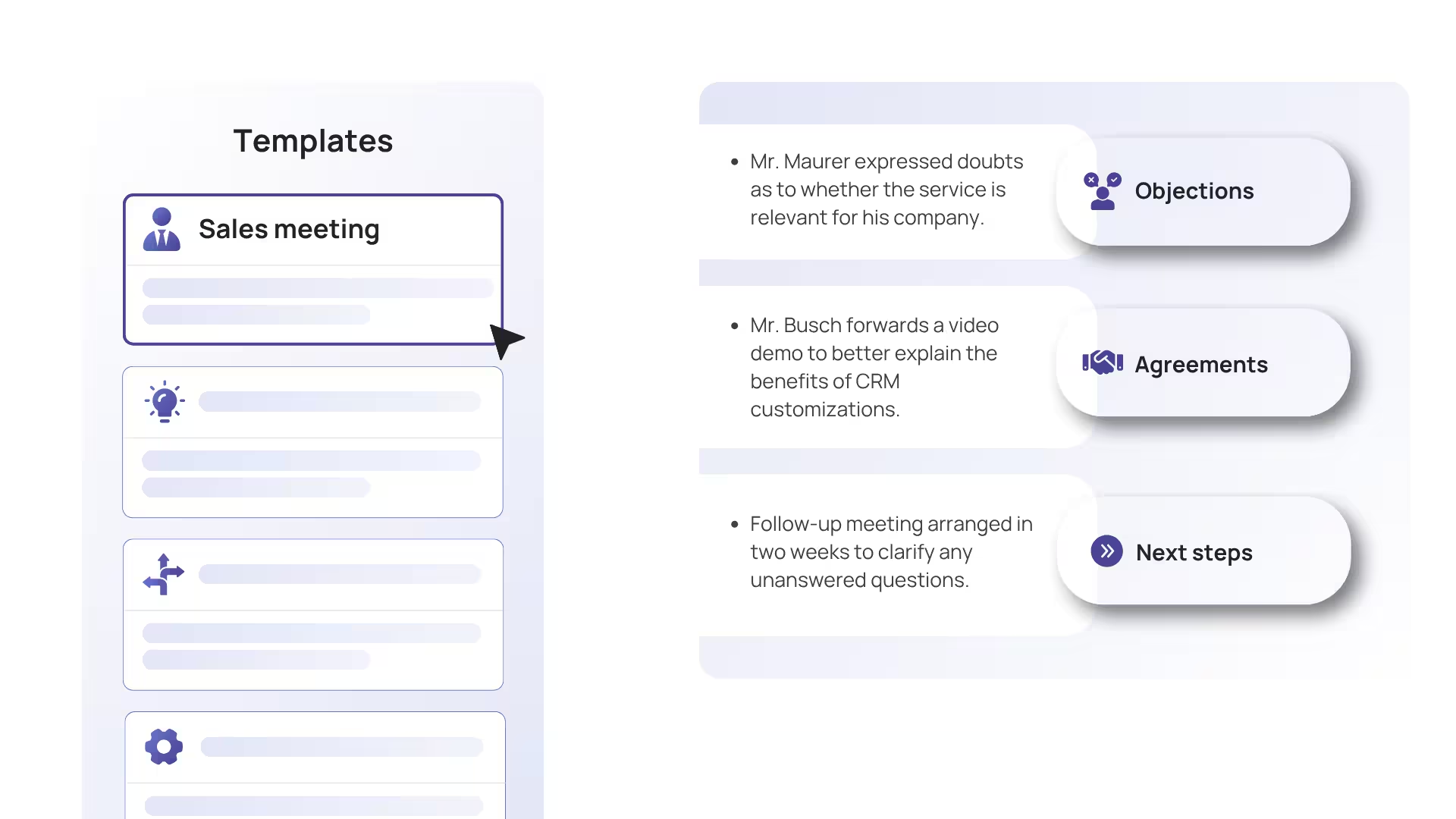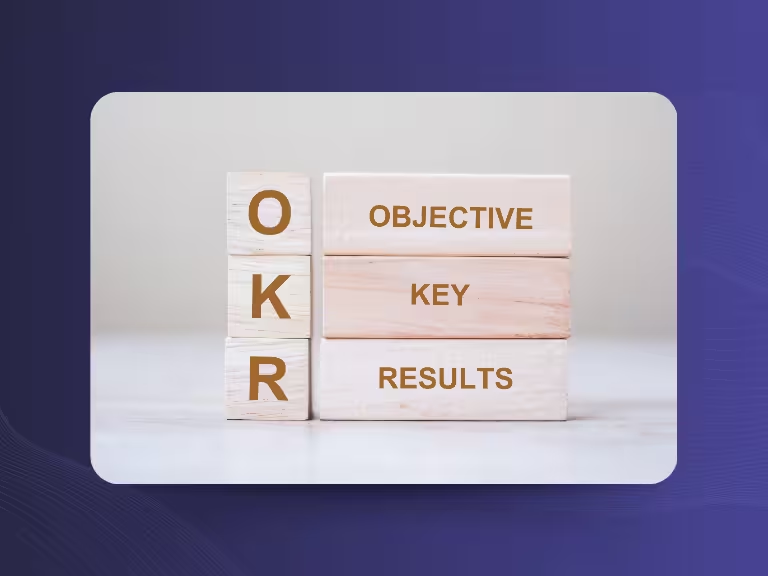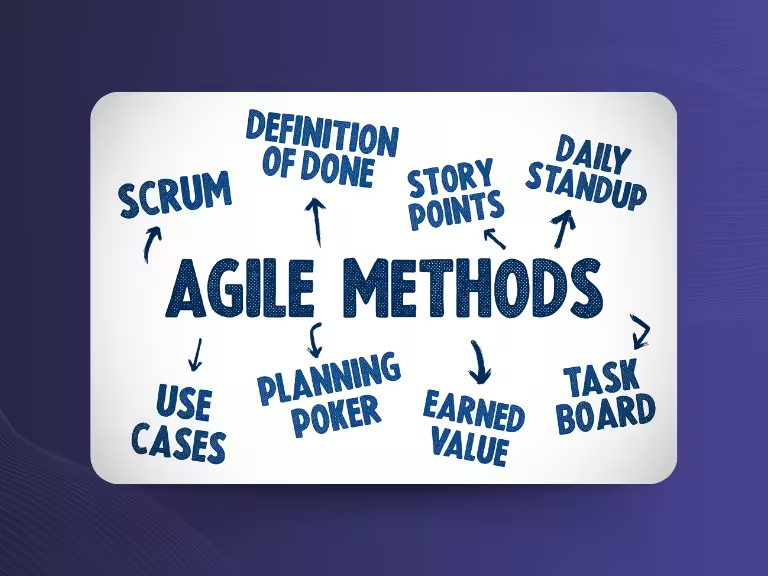Introduction: Why Negotiation Techniques Are Crucial
Negotiations shape our professional and personal lives more than we often realize. Whether during salary negotiations, buying a house, or negotiating business terms – the ability to negotiate successfully determines whether we achieve our goals. But why do so many negotiations fail despite good preparation? Often it's not due to lack of expertise, but rather missing strategic approaches and a lack of understanding of the psychological mechanisms that influence every negotiation.
In this article, you'll receive practical negotiation techniques that go beyond pure theory. You'll learn how to use psychological principles, deploy modern tools, and consider cultural differences. The goal is to provide you with concrete strategies that not only achieve better results but also build long-term relationships.
Fundamentals and Psychological Principles of Negotiation Techniques
The Anchoring Effect – First Impressions Count
The anchoring effect is one of the most powerful psychological negotiation techniques. It describes the tendency for early-set values to serve as reference points for all subsequent decisions. Economic psychologists Tversky and Kahneman showed as early as 1974 in their studies that people are strongly influenced by initial numbers – even when these are completely arbitrary.
In practice, this means: whoever makes the first offer sets the anchor and thereby determines the framework for the entire negotiation. An anchor that's too low can cause you to underperform your potential. An anchor that's too high, however, can scare off the other party. The key lies in setting the anchor ambitiously but realistically. Prepare by researching the market price and then consciously setting it 10-20% higher – this gives you room for concessions.
Psychology of Negotiating – Controlling Emotions and Perceptions
Emotional intelligence often determines the success or failure of a negotiation. Those who control their own emotions and correctly interpret those of the other party gain a decisive advantage. Pay attention to nonverbal signals like body posture, tone of voice, and facial expressions – they often reveal more than words.
Particularly important is dealing with cognitive biases. Confirmation bias leads us to only perceive information that confirms our preconceptions. Psychological reactance, on the other hand, causes people to resist perceived pressure. Recognize these patterns in yourself and use them strategically: ask questions that make the other party think, rather than bombarding them with arguments.
Practical Negotiation Techniques for Success
Questioning Techniques – The Power of the Right Questions
Skillful questioning techniques are the heart of effective negotiation strategies. Open questions (beginning with "How," "What," or "Why") open up the conversation and provide valuable information about the other party's needs and motivations. Closed questions, on the other hand, are suitable for obtaining concrete commitments or bringing about decisions.
A particularly effective technique is strategic needs analysis through questions: "What is most important to you in this deal?" or "What challenges do we need to solve together?" Such questions not only show interest but also uncover hidden needs that you can use in your argumentation.
Active listening perfectly complements your questioning techniques. Repeat important points in your own words ("If I understand you correctly, what's particularly important to you is that...") and show through follow-up questions that you're paying attention. This builds trust and significantly reduces misunderstandings.
Argumentation and Conversation Management
Convincing argumentation begins with thorough preparation. Develop different lines of argument and keep your strongest points in reserve. Distinguish between positions (what someone demands) and interests (why they demand it). Often seemingly irreconcilable positions can be resolved when you understand the underlying interests.
When dealing with objections, the backdoor argumentation approach works well: instead of immediately contradicting, acknowledge the objection ("That's an important point") and then transition to your counterargument ("At the same time, we should also consider that..."). This technique appears less confrontational and increases acceptance of your arguments.

Modern Aspects and Extensions of Classical Techniques
Win-Win Strategy – Creating Sustainable Solutions
The win-win strategy has established itself as a cornerstone of successful negotiations. The Harvard concept shows that cooperative negotiations not only achieve better results but also create the foundation for long-term business relationships. Instead of seeing the negotiation as a battle, you search for common interests and creative solutions.
A practical approach is expanding the pie: instead of only negotiating price, you bring additional elements into play – longer contract terms, additional services, or referrals. This creates added value for both sides. After the negotiation, relationship maintenance is crucial: regular communication and addressing new needs secure future successes.
Cultural Sensitivity and International Negotiation
Global business activity requires cultural adaptability. While directness is appreciated in Germany, many Asian cultures prefer a more indirect communication style. Hofstede's cultural model helps understand how hierarchy understanding, time perception, and decision-making differ between cultures.
Practical tips for international negotiations: research cultural norms beforehand, plan more time, and pay attention to nonverbal communication. In hierarchical cultures, it's important to identify decision-makers, while in egalitarian cultures, consensus plays a larger role.
Technological Support in Negotiations
Modern negotiation techniques increasingly use technological tools. Negotiation software helps with preparation through data analysis and scenario simulations. AI-supported analysis tools can evaluate lines of argument and suggest alternative strategies.
Particularly valuable are digital meeting assistants like Sally, which automatically transcribe negotiations and summarize important points. This allows you to focus completely on the negotiation without missing important details. Automatic logging provides clarity about agreements made and significantly facilitates follow-up.
Tips for Preparation, Execution, and Follow-up of Negotiations
Negotiation Preparation – Key to Success
Successful negotiations begin long before the actual conversation. Gather all relevant information about the other party, their needs and constraints. Define your goals clearly: What is your desired outcome, what is your minimum goal, and where are your red lines?
Play through different scenarios and prepare responses to likely objections. For team negotiations, clarify roles: Who leads the conversation, who is the technical expert, who observes group dynamics?
Execution and Flexibility
During the negotiation, situational adaptation is crucial. If your original anchor doesn't show the desired effect, adjust your strategy. Stay in open communication and actively seek constructive solutions for emerging conflicts.
Pay attention to body language and mood in the room. When tensions arise, take a break or change the topic. Sometimes a personal conversation away from the negotiation table can work wonders.
Follow-up – Strengthening Relationships Long-term
Follow-up determines the long-term success of your negotiations. Organize follow-up meetings to discuss implementation and clarify open questions. Get feedback: What went well, what could be better next time?
Invest in trust-building through regular communication, even when there's no immediate negotiation. Companies like Apple have shown that long-term partnerships with suppliers based on trust and transparency benefit both sides and create more stable business relationships.

Practical Examples and Case Studies for Concrete Learning Success
Successful Negotiations from Business
Apple's negotiations with suppliers exemplarily show how hard business numbers can be combined with partnership trust. The company sets clear quality and cost standards but simultaneously invests in long-term relationships and supports suppliers in developing their technologies.
International corporate mergers offer additional lessons: successful deals consider not only financial aspects but also cultural differences and employee interests. Flexibility and cultural sensitivity are often more decisive than the perfect strategy.
Learning from Mistakes – Avoiding Common Pitfalls
Typical negotiation mistakes include revealing the best arguments too early, poor listening due to nervousness, and emotional overreactions to unexpected developments. Underestimating preparation time and lacking alternative plans also often lead to failure.
Preventive measures include regular negotiation training, practice with colleagues, and systematic evaluation of past negotiations. Every negotiation is a learning opportunity for the next one.
Conclusion: Negotiation Techniques for Sustainable Success
Successful negotiation techniques combine proven psychological principles with modern technology and cultural sensitivity. The anchoring effect, strategic questioning techniques, and active listening form the foundation, while win-win strategies and technological tools like AI-supported analysis and meeting assistants increase efficiency.
The most important insight: negotiations are not a one-way street but the beginning of long-term relationships. Those who consistently focus on quality in preparation, execution, and follow-up will not only achieve better individual results but also build a network of trustworthy business partners. With the right techniques and an open attitude toward continuous learning, all doors to successful negotiations are open to you.
Recommended Literature & Helpful Tools
For deepening your negotiation techniques, we recommend classics like "Getting to Yes" by Roger Fisher and William Ury as well as "Never Split the Difference" by Chris Voss. Practical support is offered by tools like negotiation software for preparation and meeting assistants like Sally for automatic documentation and analysis of your negotiations.


Test Meeting Transcription now!
We'll help you set everything up - just contact us via the form.
Test NowOr: Arrange a Demo Appointment




